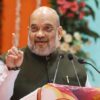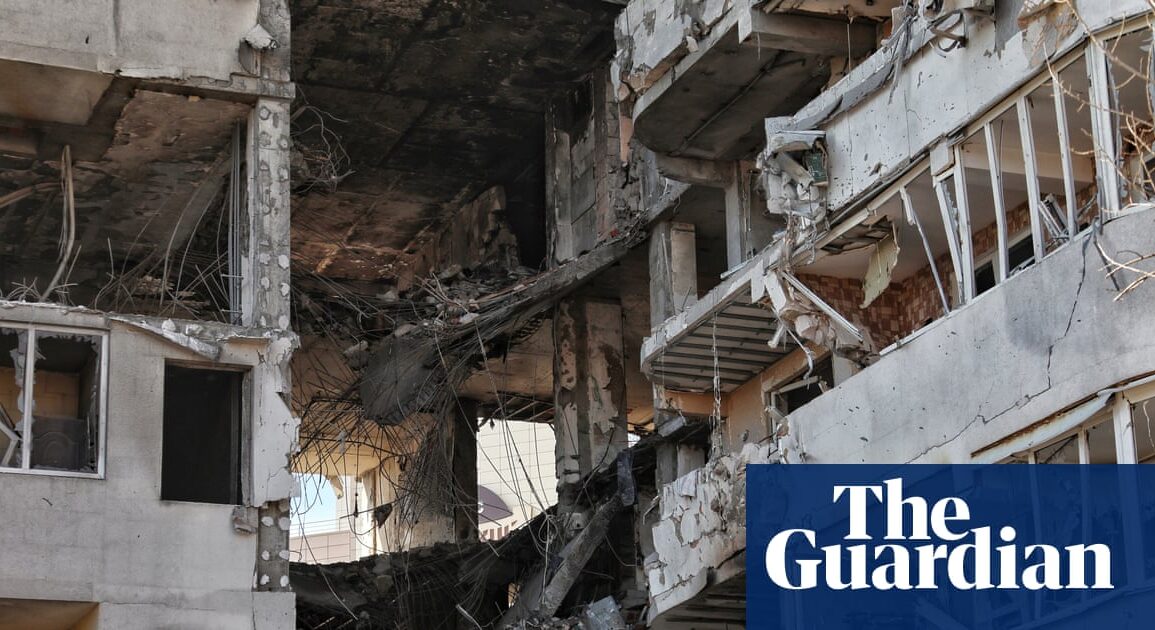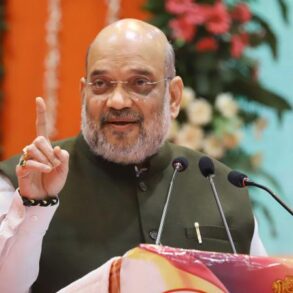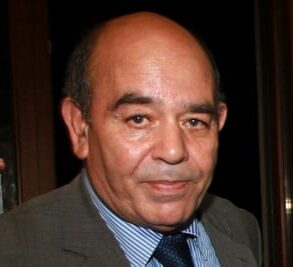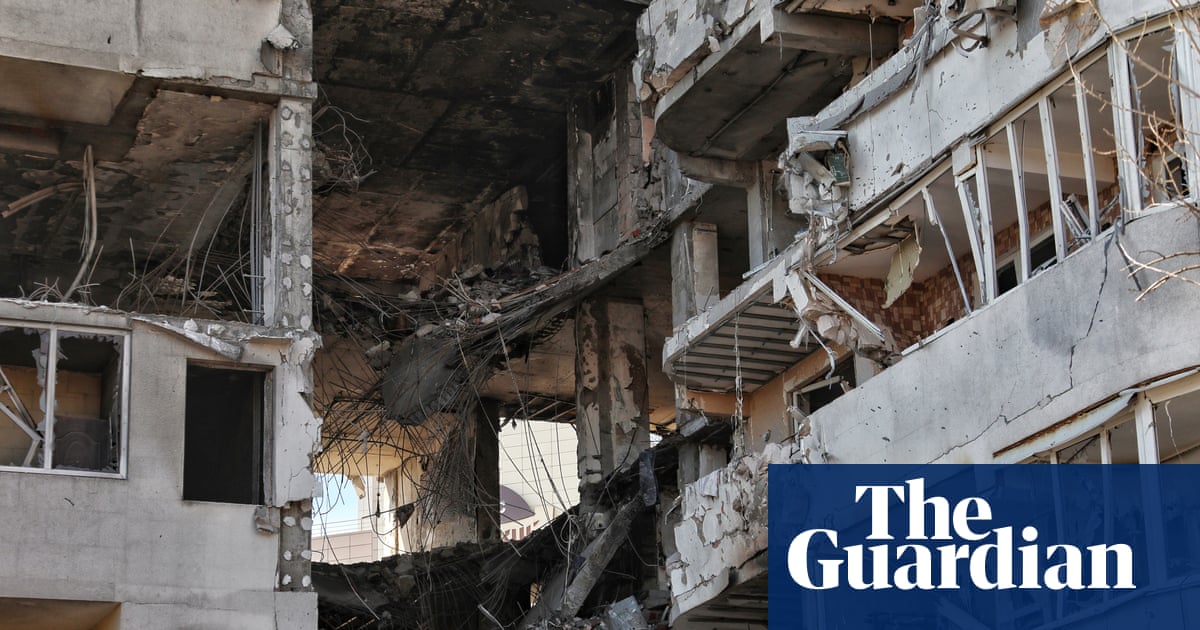
Dossiers of evidence of Russian war crimes in Ukraine have been presented to German federal prosecutors at the start of a campaign to use the principle of universal jurisdiction to bring war criminals to justice.
The cases were filed on Thursday morning by the Clooney Foundation for Justice (CFJ), representing 16 survivors and the families of victims in three separate war crimes cases: an indiscriminate missile attack on a coastal resort near Odesa that killed 22 people; the execution of four men in occupied territory in the Kharkiv region in spring and summer last year; and a series of executions and acts of torture and sexual violence committed outside Kyiv in March 2022.
The first cases have been brought to Berlin because the German judicial system has been at the forefront of prosecuting war crimes and crimes against humanity under the principle of universal jurisdiction, by which some abuses are deemed to be so serious that the duty to investigate and prosecute goes far beyond the territory on which the crimes were committed.
Anya Neistat, the legal director of the Docket, a CJF initiative to collect evidence and build war crimes cases, said international support was high for prosecuting the widespread abuses committed in Ukraine, but added: “It is now the time to see words turn into real action – and we are counting on German prosecutors to lead the way.”
The evidence has also been shared with the prosecutor’s office at the international criminal court (ICC), which is investigating war crimes. However, the ICC only has the capacity to pursue a limited number of cases with the aim of seeking accountability at the highest level. The prosecutor has already issued an arrest warrant for Vladimir Putin.
At the other end of the spectrum, Ukrainian prosecutors are collecting vast amounts of evidence on a large number of crimes. The country’s criminal code allows prosecutions of only the immediate perpetrators of crimes, not those higher up the chain of command, without proof of specific orders to commit the crimes, although it does recognise the principle of command responsibility.
The Docket initiative seeks to fill the gap between the ICC and the Ukrainian courts. In all three cases that it has presented in Germany, it is pursuing investigations of senior and mid-level military officers.
If and when federal prosecutors open investigations into war crimes cases from the invasion of Ukraine, arrest warrants can be issued and shared with Europol and Interpol, and in theory significantly reduce the freedom of movement of the suspects into the indefinite future, offering the prospect of a modicum of justice for victims and their families.
In another initiative involving the war in Ukraine, the Docket intends to build criminal cases against Russian propagandists who have frequently used genocidal language, called for mass killings of civilians, and helped build popular support for the war in Russia.
The crime of incitement to genocide exists in international humanitarian law, but it has not been used for a prosecution since the Rwanda tribunal, and is hard to make stick without a ruling that genocide did occur. An alternative is to use laws criminalising war propaganda, which are still on the statute books of some east European countries as remnants of the communist era. The main hurdle on that route is that the crime has never successfully been prosecuted.
after newsletter promotion
“The real challenge there is to convince the prosecutors of what this crime is, and then connect it to what is happening now around Ukraine and Russian propaganda,” Neistat said.
Building war propaganda cases will not necessarily need to invoke universal jurisdiction, because much of the propaganda in question was broadcast by Russian television channels into the territory of several east European nations.
Maryna Slobodianiuk, head of investigations at Truth Hounds, a Ukrainian NGO that jointly filed the Kharkiv case with the CFJ, said she hoped the presentation of the first three war crimes cases would represent a breakthrough in pursuing accountability for mass atrocities.
“We believe that by opening these proceedings, Germany can significantly contribute to the efforts of ensuring justice for all Ukrainian survivors,” Slobodianiuk said.
The cases in Germany are intended to be pilots for the widespread pursuit of Russian war crimes in courts around the world that have universal jurisdiction laws. Another batch of cases is being readied for presentation to prosecutors in another central European country.
“Ultimately, what is likely to happen is that some of the perpetrators that we’re talking about are likely to travel to Switzerland or Germany or elsewhere in the world. It sounds very remote now, but it has happened in the past,” Neistat said.
“What we do know for sure is that, if we don’t have this web of arrest warrants, it means they can go anywhere in the world and still not be arrested. They can go to die happily in Miami or somewhere.”
This post was originally published on this site be sure to check out more of their content.


